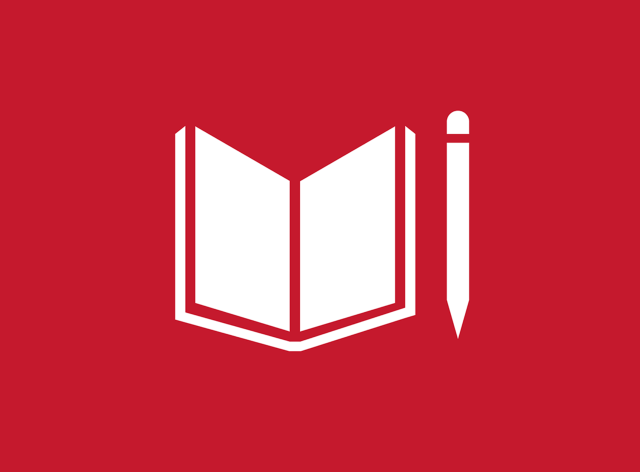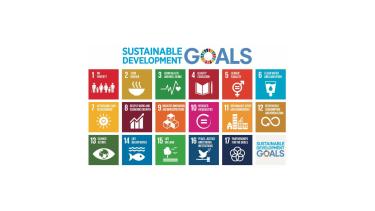On this page, you'll find a report on all the actions and activities initiated at the University of Namur in connection with United Nations Sustainable Development Goal #4: "Quality Education."
Social impact and actions
Institutional initiatives
Green deal - Sustainable food
UNamur is committed to the 6 principles of the Green Deal :
- Local and seasonal produce,
- Environmentally and animal-friendly products
- Fair trade products
- Healthy, balanced and tasty meals
- Reducing food waste and waste
- Social inclusion
L'Arsenal - University Restaurant
Students benefit from a special rate for the hot dish of the day (€4) served at the Arsenal university restaurant.
La Solidarithèque
La Solidarithèque is a solidarity grocery store whose aim is to support higher education students facing financial difficulties. It is created and managed by the social services of UNamur, HEAJ and HEPN in partnership with the Association pour la Solidarité Étudiante en Belgique (ASEB).
The CoKot
This project kot (KàP) supported by UNamur offers solidarity meals for students. More info on the Facebook page...
Cap sur les KàPs series in the newsroom: The CoKot
Annual flea market at the old orchard of the Haugimont estate
Each year, UNamur proposes an event at the old orchard of the Haugimont estate. Numerous activities are offered throughout the day: marauding with free marauding bags, explanations on the management of the organic orchard, children's activities, information stands, guided and commented walks...
Les Ruches du Carmel
Four beehives have been installed with the dual intention of contributing to local biodiversity and offering a new educational tool for university students.
Research
Discover all publications related to the sustainable development goal "Quality Education" on the UNamur research portal.
Education
One example among many: Ste(a)ms education
How do we teach science, technology, digital, engineering and mathematics today? This certificate was created to answer this question.
An interfaculty course in Law and Transition
The aim of this interfaculty course is to contribute to the acquisition of the knowledge, skills, values and attitudes needed to achieve the Sustainable Development Goals, while reflecting specifically on the place, legitimacy and effectiveness of the legal instrument as a vector of change and transformation in favor of sustainable development. Find out more

